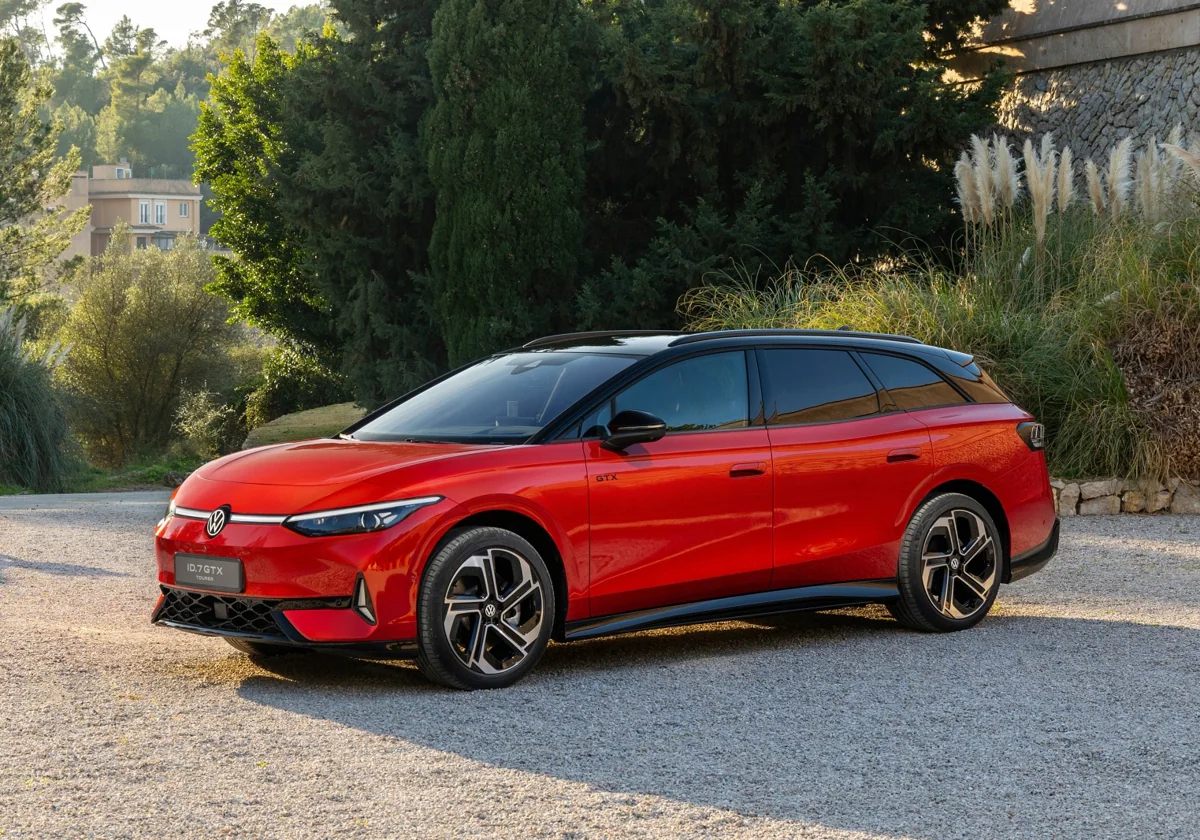Volkswagen Requests Review of European CO2 Limits
The community industry faces fines of 13 billion euros if it does not reach the average of 93.6 grams planned for 2025
Juan Roig Valor
Tuesday, 17 September 2024, 12:05
As 2025 approaches, automotive manufacturers are under increasing pressure to achieve an average of 93.6 grams of CO2 emitted per kilometer, the new emissions threshold set by Brussels. Failure to do so will result in hefty fines.
To meet this target, it is essential to register electric vehicles, a market that is showing signs of slowing down. For high-volume manufacturers who have made a strong bet on zero emissions—a bet that seems not to be paying off—it is especially important to convince the European Commission to review the emissions limit or the timeline.
The most affected would be Volkswagen, which according to German consultancy Dataforce, exceeded 120 grams of CO2 mid-year. The chairman of the German group, Hans Dieter Pötsch, urged the Commission to modify its environmental objectives "to adapt them to reality."
"Electrification is the future of individual mobility but, and I cannot emphasize this enough, politicians have set goals for the industry without the necessary infrastructure being available or considering whether customers are willing to buy these cars," he stated at an event in Vienna.
The group now faces a tense situation, with thousands of layoffs being considered, possibly in its own country, something that had been protected by collective agreements for more than three decades.
However, Pötsch's stance, who has been in office since 2015, has been opposed by other executives of mainstream brands, such as Carlos Tavares, CEO of Stellantis.
The Portuguese executive points out that "it would be surreal to change the rules of the game now. Everyone has known them for a long time and has had time to prepare. Now is the time for the race."
For the Franco-Italian-American consortium, the key to achieving electric car penetration lies in continued government incentives for purchase as a market dynamizing element.
According to data from the European Automobile Manufacturers Association (ACEA), achieving the EU's proposed targets would mean halting production of about two million vehicles in Europe or facing fines that could reach 13 billion euros for passenger cars and another 3 billion for vans.
Carlos Tavares decided that Stellantis would leave the organization in 2022 as the dominant stance is mainly aligned with German manufacturers. The current president, Luca de Meo, despite coming from the French group Renault, also echoed Pötsch's words.
According to ACEA, "the industry has invested billions in electrification and bringing zero-emission models to market, but other ingredients of the transition are not available and European competitiveness is eroding."




